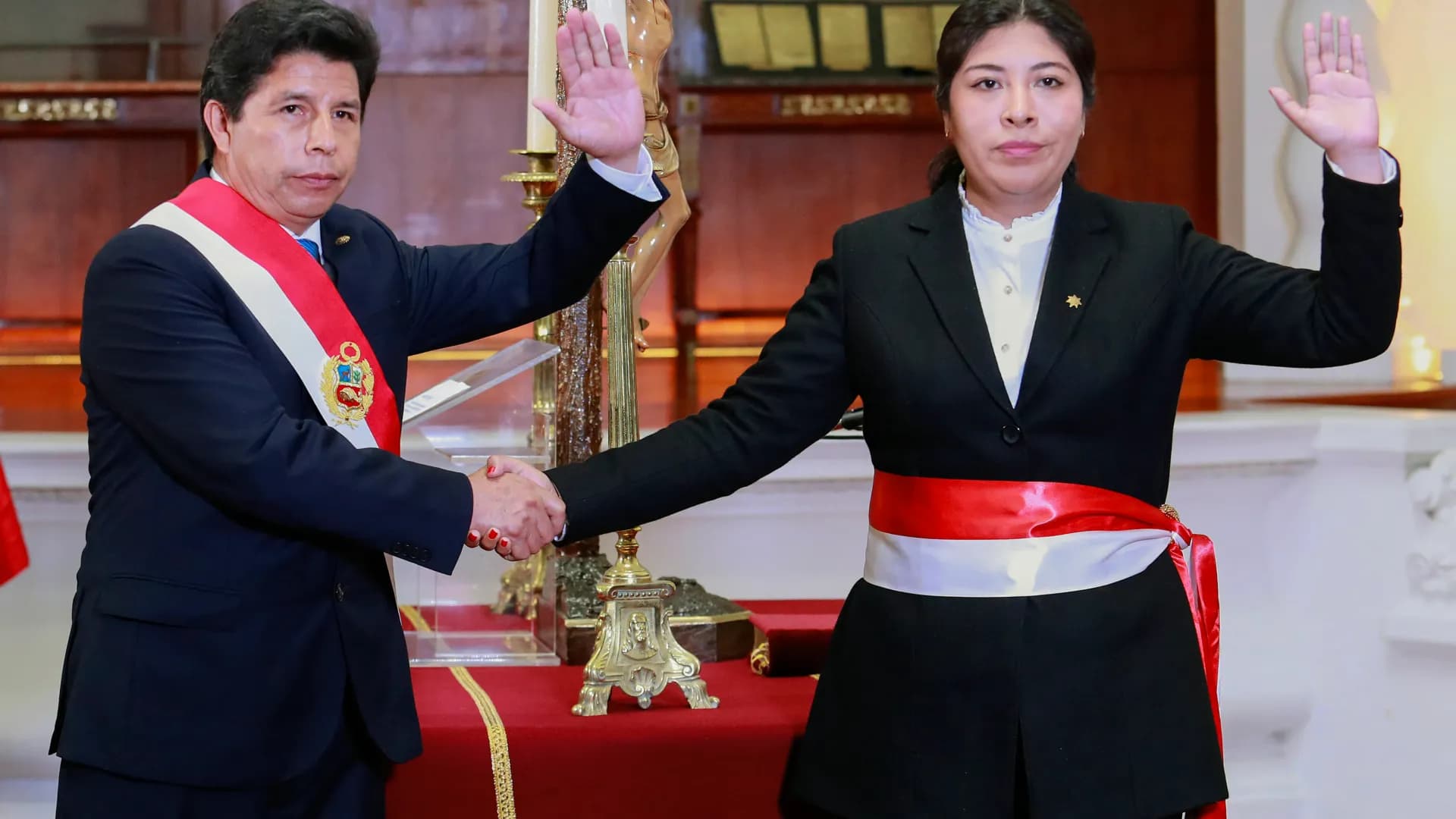We're loading the full news article for you. This includes the article content, images, author information, and related articles.
The diplomatic rupture in Latin America highlights a growing ideological divide and raises critical questions about the international principles of asylum and non-interference, matters of significant importance for global diplomacy.

The Government of Peru severed diplomatic relations with Mexico on Monday, November 3, 2025, escalating a simmering political dispute into a full-blown diplomatic crisis. The move came after Mexico granted diplomatic asylum to Betssy Chávez, Peru's former prime minister, who is facing charges of rebellion and conspiracy for her alleged role in a 2022 attempted coup.
In a press conference in Lima, Peruvian Foreign Minister Hugo de Zela condemned Mexico's decision as an "unfriendly act." The office of Peruvian President José Jerí further accused the Mexican government of "repeated" and inadmissible interference in Peru's internal affairs, a charge that has been developing since late 2022.
The crisis is rooted in the events of December 7, 2022, when then-President Pedro Castillo attempted to dissolve Peru's Congress and rule by decree just hours before lawmakers were set to vote on his impeachment for alleged corruption. The move, widely denounced as a 'self-coup', failed to gain the support of the military and police, leading to Castillo's swift impeachment and arrest on charges of rebellion. Vice President Dina Boluarte was subsequently sworn in as president.
Prosecutors from the Peruvian Attorney General's Office allege that Betssy Chávez, who was serving as Castillo's prime minister, was an accomplice in the attempted power grab. They are seeking a prison sentence of up to 25 years for the charge of rebellion against the powers of the state. Chávez has consistently denied any prior knowledge of Castillo's plan to dissolve the legislature.
Mexico's government, led by a succession of leftist presidents, has been a vocal supporter of the ousted Castillo, viewing his removal as a politically motivated coup. Castillo's wife and children were granted asylum and are currently living in Mexico. The decision to now grant asylum to Chávez at its embassy in Lima was defended by Mexico as a legitimate act consistent with international law. Peru, however, argues it constitutes protection for an individual facing serious criminal charges and unacceptable meddling in its sovereign judicial processes.
This standoff places two core principles of international relations in direct conflict: the sovereign right of a state to grant asylum and the principle of non-interference in the internal affairs of another state. While the Latin American tradition of diplomatic asylum is historically strong, it is often tested when the individuals involved are accused of common crimes rather than political persecution.
For Kenya and the East African region, the Peru-Mexico dispute, while geographically distant, serves as a pertinent case study in the complexities of modern diplomacy. Kenya maintains diplomatic relations with both nations. In August 2024, Peru reopened its embassy in Nairobi, a move intended to strengthen bilateral cooperation in trade, culture, and education. Similarly, Kenya and Mexico have engaged in political consultations to enhance economic and trade matters.
The events in Lima underscore the potential for domestic political crises to spill over into the international arena, disrupting bilateral relationships and regional stability. The ideological alignment between Mexico's government and Peru's former leftist administration has been a clear driver of the conflict, a dynamic often seen in international politics. This situation highlights the delicate balance nations must strike between maintaining ideological alliances and upholding established diplomatic norms and respect for sovereign legal proceedings.
As nations like Kenya continue to expand their diplomatic and economic footprints globally, this incident offers a valuable lesson on the importance of adhering to principles of international law and the potential repercussions when domestic political turmoil entangles foreign policy. The situation between Peru and Mexico will be monitored closely by diplomats worldwide, including in Nairobi, for its implications on the conventions governing asylum and state sovereignty. FURTHER INVESTIGATION REQUIRED on any official Kenyan or East African Community response to the diplomatic breakdown.
Keep the conversation in one place—threads here stay linked to the story and in the forums.
Sign in to start a discussion
Start a conversation about this story and keep it linked here.
Other hot threads
E-sports and Gaming Community in Kenya
Active 9 months ago
The Role of Technology in Modern Agriculture (AgriTech)
Active 9 months ago
Popular Recreational Activities Across Counties
Active 9 months ago
Investing in Youth Sports Development Programs
Active 9 months ago